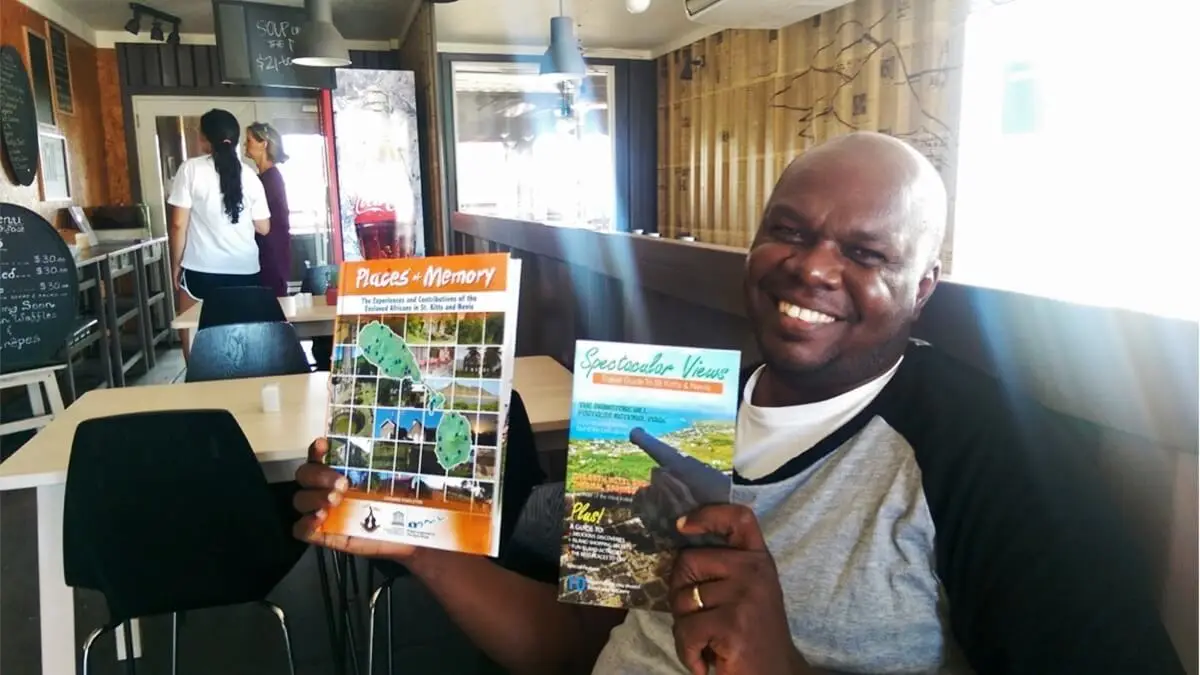
History aficionado, teacher, tour guide, and author A man of many talents, Leonard Stapleton wears numerous hats in his day-to-day life – from educator and historian, to accountant and tour guide. While it may be hard to predict what he will be doing from one day to the next, odds...
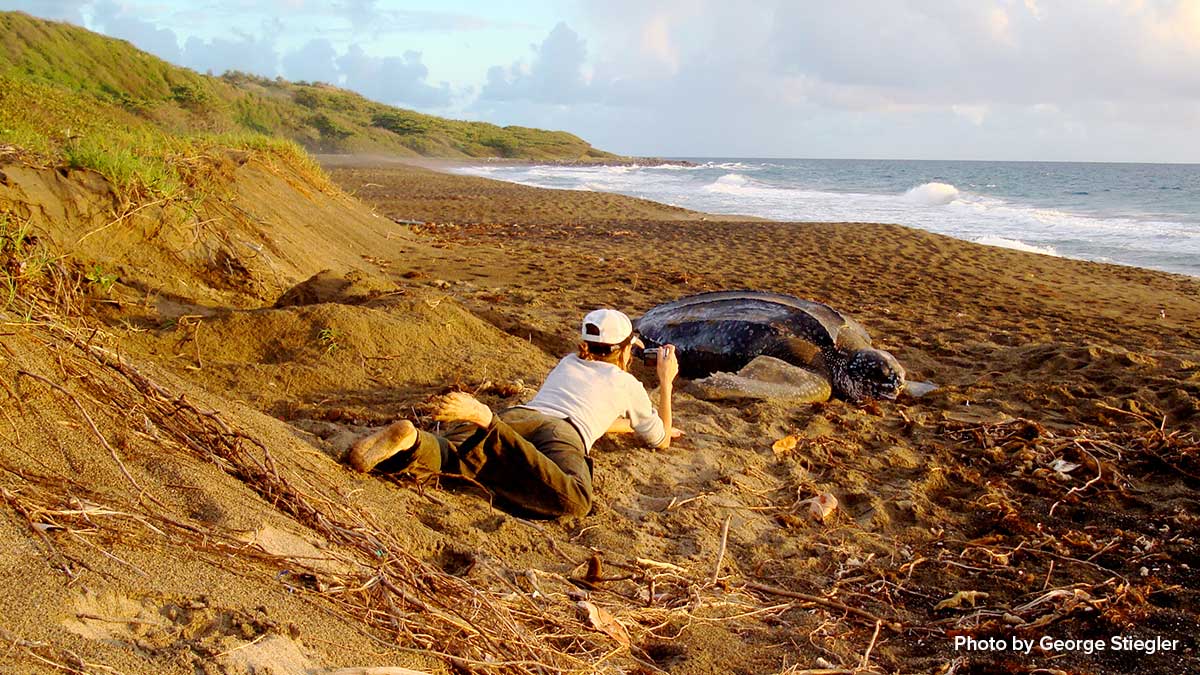
Founder and Director of St. Kitts Sea Turtle Monitoring Network Crouching down on the beach in the dark of night, waiting for a mother sea turtle to emerge from the waves to lay her eggs, this is just another day “at the office” for Dr. Kimberly Stewart, the Founder and...
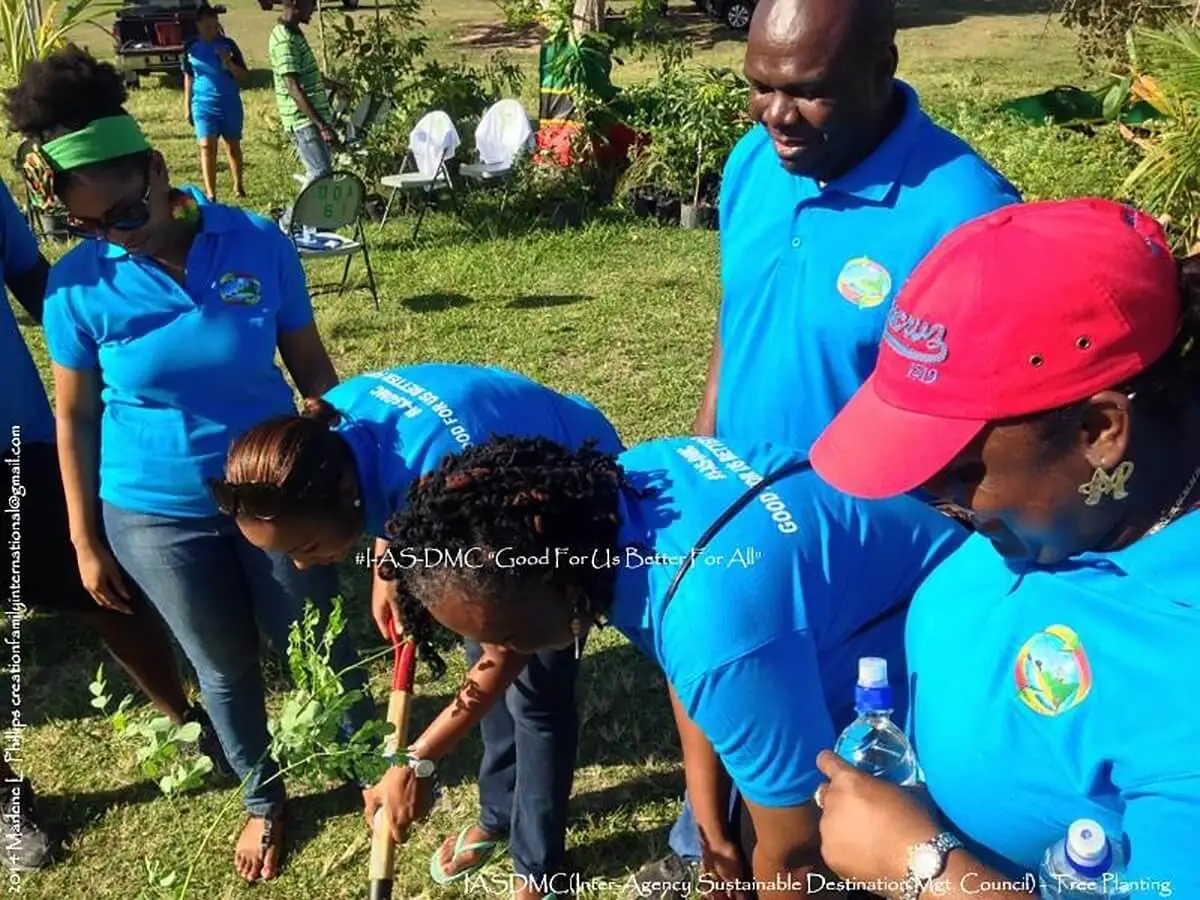
When we think of tourism, we often think of hotels, airlines, restaurants, attractions, and tour guides. But the industry is far more complex than this and includes many more stakeholders beyond what we see on the surface. For instance, how do the roads you travel on get built? What happens...
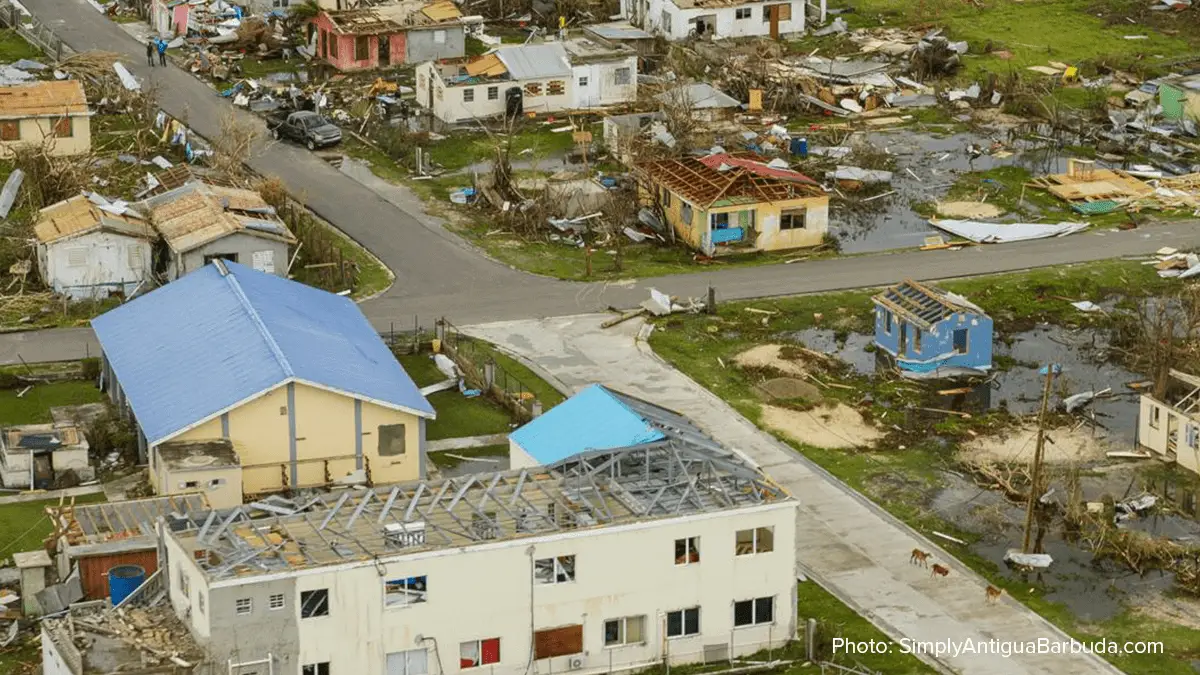
Most of us have seen the photos and videos filling up our news feeds, but for countless people across the Caribbean, the devastation from Hurricane Irma is not just something they’ve seen from afar. It hit home and it hit home hard. People watched as their houses, schools, and hospitals...
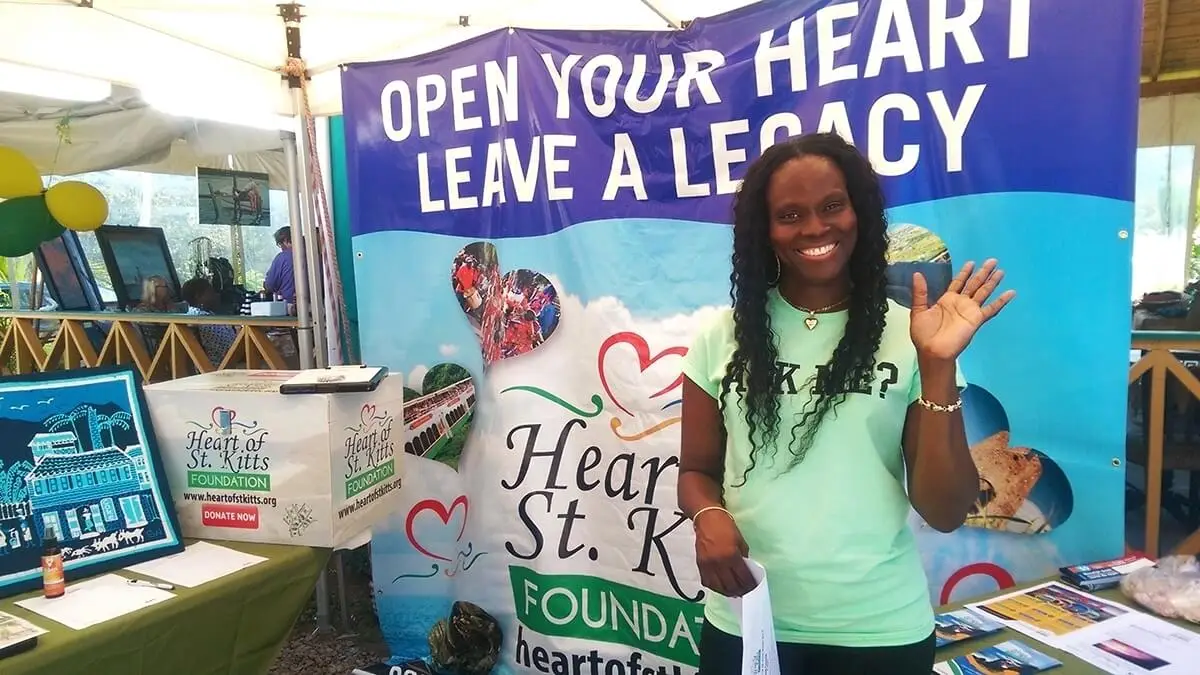
From protecting the nesting habitats of endangered sea turtles to preserving cherished cultural heritage sites, travel philanthropy funds such as the Heart of St. Kitts Foundation have the power to create real, tangible impact at the local level. But this progress doesn’t just happen on its own or because of...
The 6-8 September event is in observance of International Year of Sustainable Tourism for Development BRIDGETOWN, Barbados (9 May, 2017) – The Caribbean Tourism Organization (CTO), the region’s tourism development agency, is partnering with the ministry of tourism in St. Kitts to host a sustainable tourism forum, with a focus...